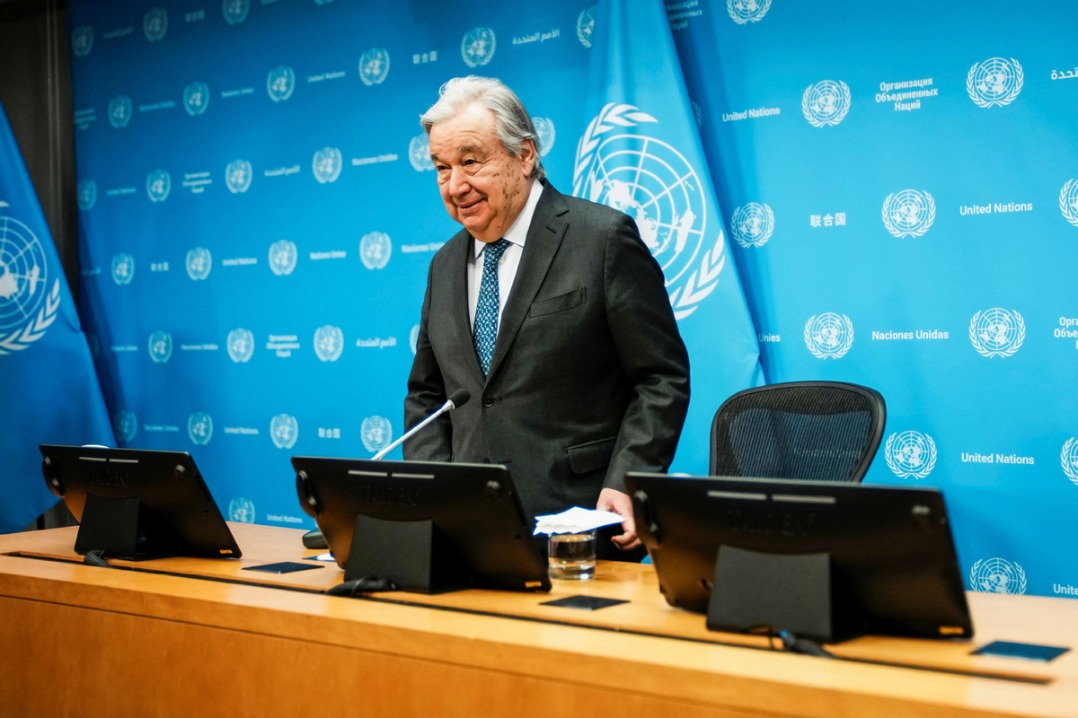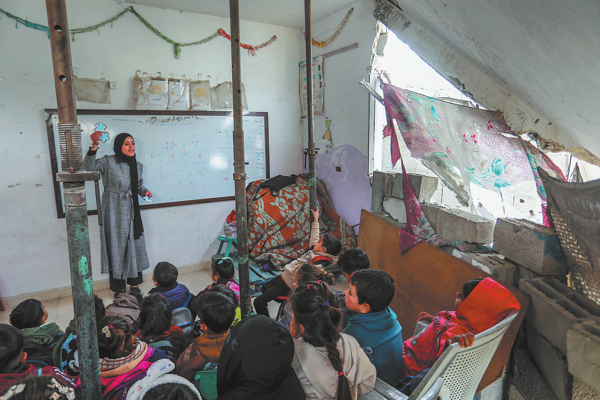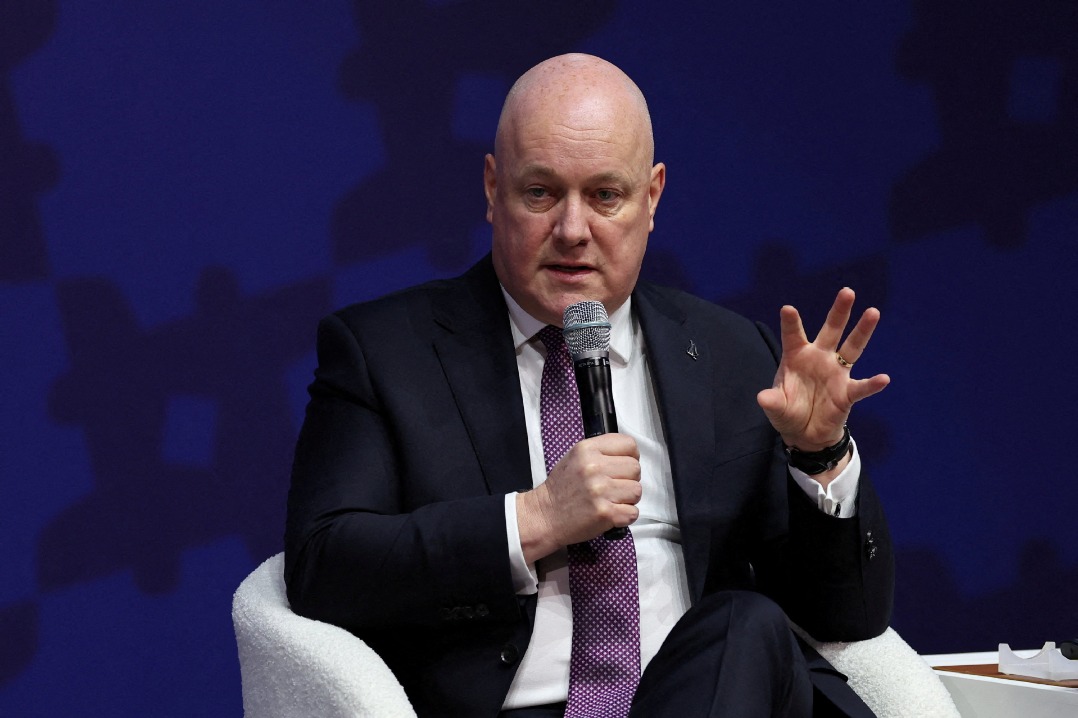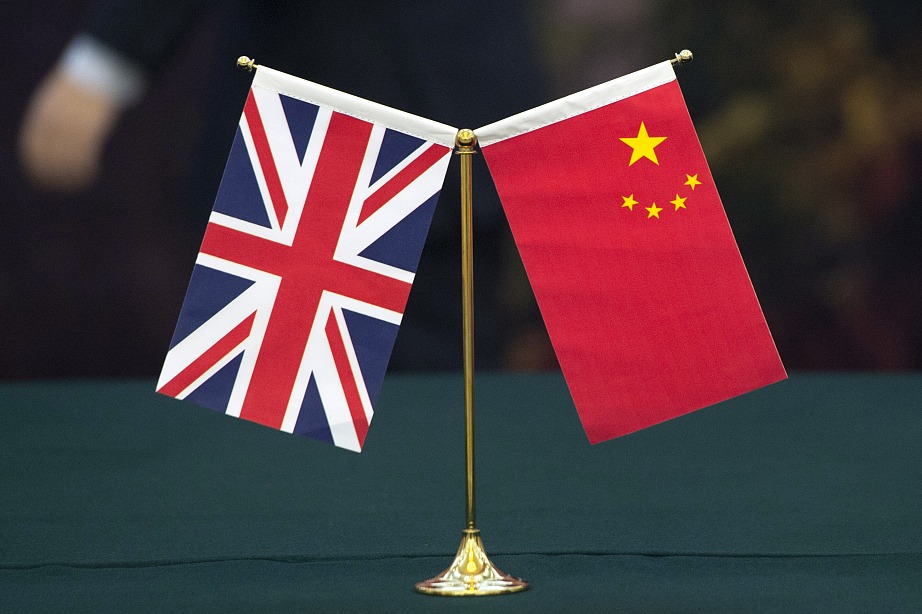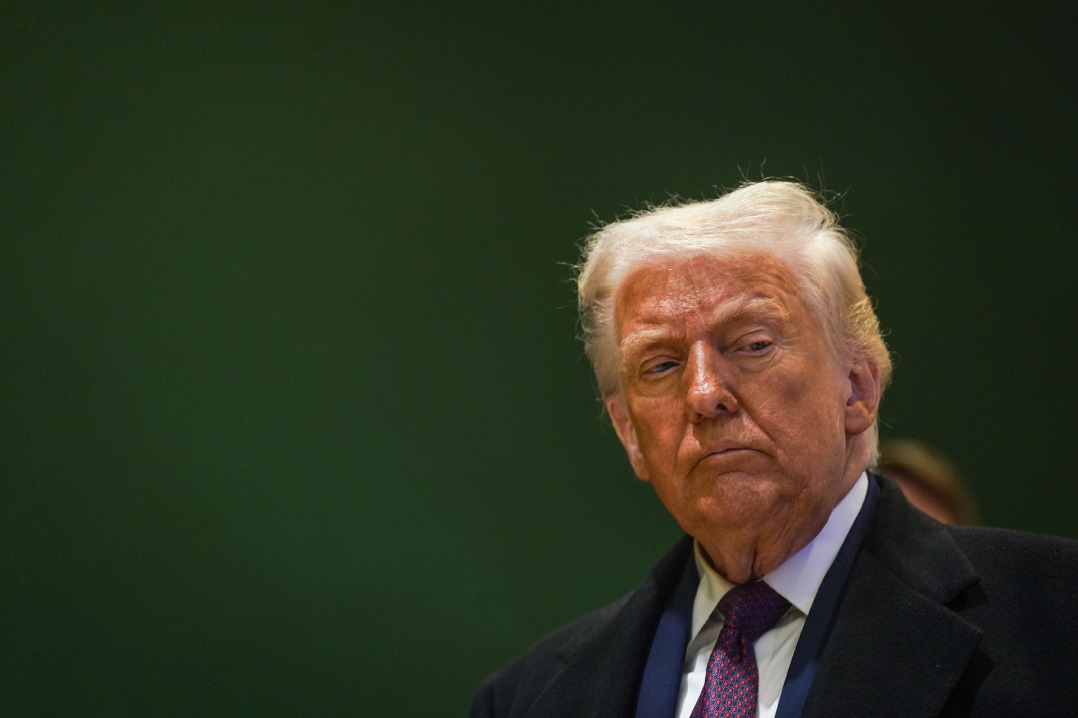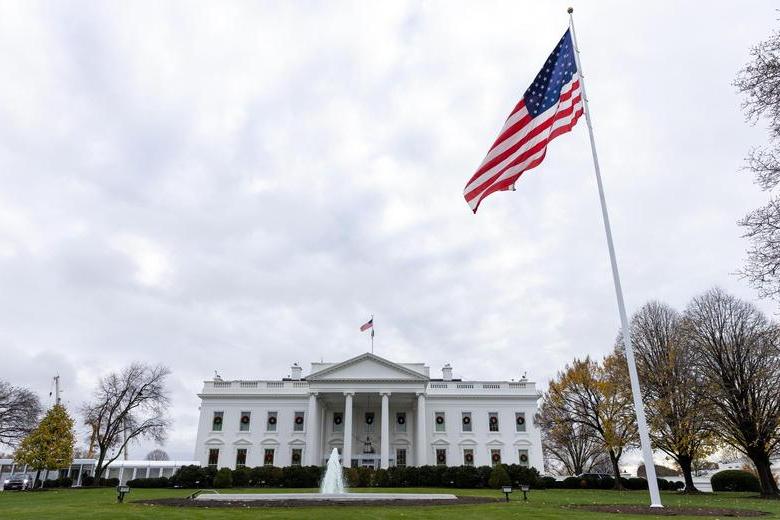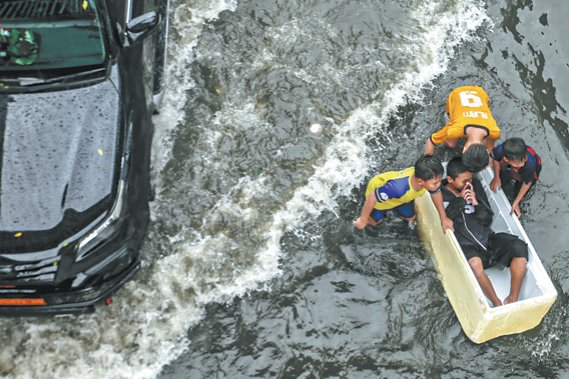European countries introduce new measures to curb surge of COVID-19 cases

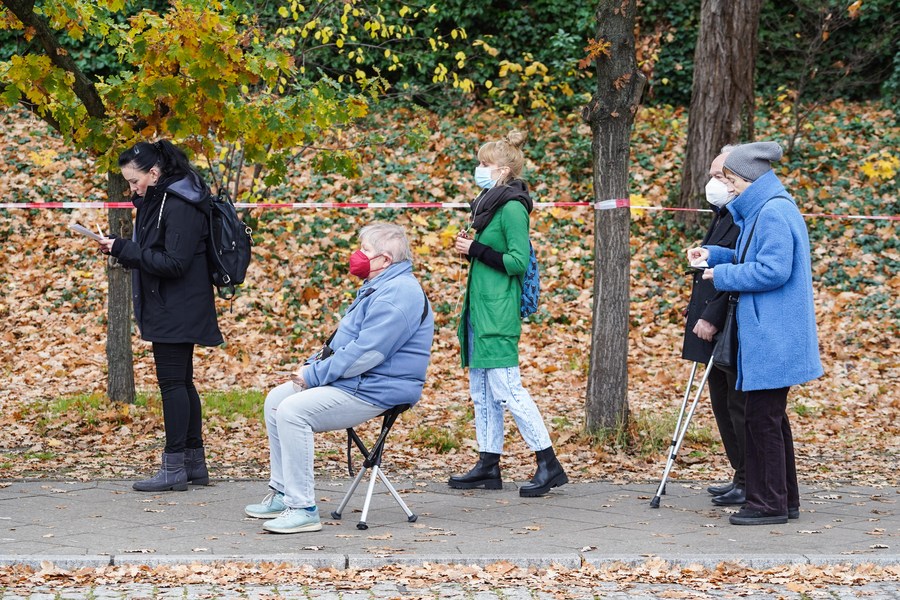
Europe has become the COVID-19 epicenter again, prompting some governments to introduce new restrictions and measures to fight the pandemic.
BRUSSELS - With Europe now the epicenter of the COVID-19 pandemic, European countries are introducing new measures to curb the surge in cases.
RESTRICTIONS ON THE UNVACCINATED
From Monday, Germany's capital Berlin will ban unvaccinated people from restaurants, bars, cinemas and other entertainment venues, the city said last Wednesday.
Moreover, outdoor events with more than 2,000 people will also be off-limits to unvaccinated adults.
German government spokesperson Steffen Seibert said on Monday that Chancellor Angela Merkel is urging the federal and state governments to pull together in the face of the worsening pandemic situation in Germany.
Meanwhile, in Austria, as of Monday unvaccinated people are only allowed to leave their apartments for essential reasons such as purchasing groceries, visiting a doctor or pharmacy, or going to work.
Compliance with this measure will be strictly enforced, with fines up to 1,450 euros ($1,653) for those who break the rules, the Austrian government announced on Sunday.
The isolation measures will be in force for an initial period of 10 days, but Austrian Chancellor Alexander Schallenberg said the provinces could set even stricter rules if they wished.
The capital Vienna has already announced that it will introduce additional rules requiring a PCR test for vaccinated and recovered citizens attending night-time events with more than 25 people.
The Austrian government is also considering the introduction of a nationwide curfew at night.
Romania has made it obligatory to wear masks in all public places and reintroduced a night-time curfew for unvaccinated people for a period of 30 days as of Oct 25.
PARTIAL LOCKDOWN
The Dutch government announced on Nov. 12 a partial lockdown for three weeks, with restaurants, bars and essential shops having to close at 8 p.m. local time.
In addition, the Dutch government re-introduced mandatory social distancing of 1.5 meters in places where no coronavirus entry pass, negative test certificate or proof of recovery is required.
Audiences are no longer allowed at professional or amateur sporting events. The government has also upgraded its recommendation to work from home to "work at home, unless there is really no other option."
In Austria, the maximum number of guests people can receive at home per day will be reduced to four. If one member of a household is infected, he or she must go into isolation, and all other members of the household, whether vaccinated or not, must be quarantined.
BOOSTER DOSES
Britain will extend the use of a third (booster) dose of a COVID-19 vaccine to residents between the ages of 40 and 49, with the aim of boosting their immunity ahead of the cold winter months.
Currently, the third dose in Britain is available for citizens over the age of 50, those with health problems, and health workers who are in daily contact with the virus.
The decision came after the Health and Safety Agency released research data revealing that an additional dose of the vaccine provides 90 percent protection against more severe COVID-19 symptoms in people over the age of 50.
Meanwhile, Norway announced on Friday it will offer a booster dose vaccine dose to over-18s and give municipalities the option of using digital COVID-19 passes.
Cyprus' cabinet on Monday approved the administration of a booster vaccine dose to people over 18, the Health Ministry said.
French President Emmanuel Macron has urged people to get a booster shot. "The solution to weakened immunity is the injection of an additional dose of vaccine, the booster shot," he said.
A campaign will be launched at the beginning of December to encourage people aged between 50 and 64 to get the booster does, Macron said.
Moreover, France has decided to toughen the conditions for entry to the territory.
HEALTH PASS
With a significant increase in positive COVID-19 cases in Italy, the country's health ministry may extend the use of the COVID-19 health pass system until March, according to reports by the news agency Ansa.
In Denmark, the COVID-19 passport was reintroduced in many establishments such as restaurants, cafes, hospitals and zoos from Nov 12, and the age limit of the requirement for a COVID-19 passport will be lowered from 16 to 15.
Starting from Tuesday, all employees in state or public institutions and schools in Croatia must have a COVID-19 certificate, the government has announced.
In neighboring Slovenia, only people who have been vaccinated, recovered from COVID-19 or tested negative can enter most public institutions.
In Romania, access to shopping centers, restaurants, theaters and all public buildings, as well as to all public activities and events will be restricted to persons with a digital green certificate.
Faced with soaring numbers of COVID-19 cases, Russia, Hungary, the Czech Republic, Slovakia, Latvia and other European countries are also taking action to tighten restrictions and encourage people to get vaccinated.
















